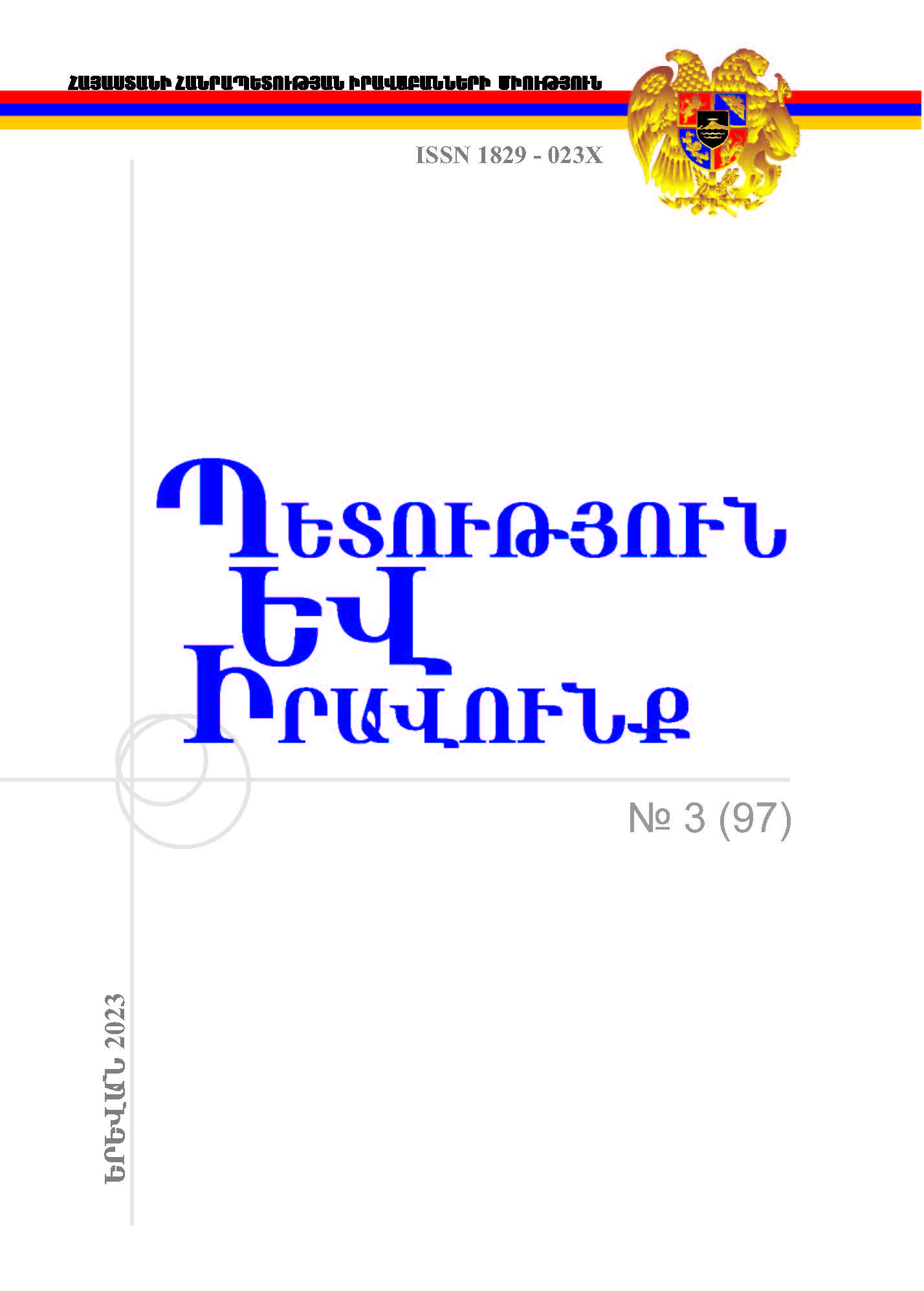PLANNED STRATEGIES - UNFORESEEN CONSEQUENCES. COMPARING TARGETED AND COMPREHENSIVE SANCTIONS
DOI:
https://doi.org/10.46991/SL/2023.97.190Keywords:
Analysis, consequences, humanitarian impact, international law, proportionality, sanctions, targeted, unintended, vulnerabilitiesAbstract
This paper delves into the intricate relationship between the principle of proportionality and the transition from comprehensive to targeted sanctions. The principle of proportionality, embedded in various facets of international law, serves as a delicate balancing act, carefully weighing competing rights and interests.
The shift towards targeted sanctions, motivated by humanitarian concerns, seeks to minimize harm to civilians. However, challenges remain, particularly with sectoral sanctions, which, despite their targeted nature, can have far-reaching and unpredictable consequences. The paper meticulously examines sectoral sanctions in comparison with comprehensive sanctions, acknowledging their potential for unintended harm and evaluating their effectiveness.
The concept of "efficient sanctions" is introduced, emphasizing the strategic targeting of a country's vulnerabilities to induce rapid concessions. Despite varying objectives, all sanctions inherently employ pain to achieve their goals, raising questions about the balance between the sender's objectives and the discomfort inflicted on the target. The paper explores the application of the proportionality principle to unilateral targeted sanctions in international law, exposing legal gaps and grey areas. Countermeasures, considered a circumstance precluding wrongfulness, offer a defined proportionality threshold; however, limitations on third-party rights are emphasized. The paper concludes by highlighting the ongoing challenges in achieving a genuinely proportional approach to sanctions, stressing the need for a more comprehensive legal framework.
Downloads
Published
Issue
Section
License
Copyright (c) 2024 State and Law

This work is licensed under a Creative Commons Attribution-NonCommercial 4.0 International License.

